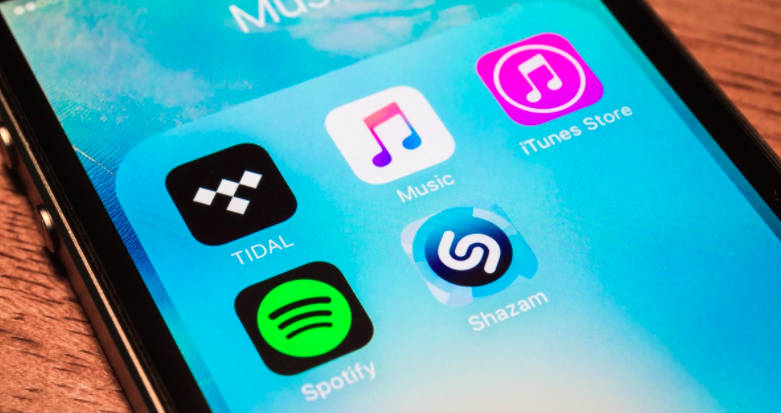Op-Ed: Artist royalty conversations put spotlight on streaming services

A report by Music Business Worldwide has outlined just how much income major record companies are collecting from streaming.
MBW crunched the figures for 2018, and worked out from investor filings from Universal Music Group (UMG) parent Vivendi, Sony Music parent Sony Corp and Warner Music Group, that The Big Three earned US$$6.93 billion from streaming.
Combined, that’s an average of $19 million a day, and just under $800,000 per hour.
Breaking down the figures further, MBW determined that Universal’s streaming revenue grew by 39% to top $3 billion for the first time, Warner was second with a 27.6% jump to $1.83 billion, while Sony had a 22.3% increase to over $2 billion.
These kinds of figures only create an irritated response from artists and artist-rights groups that the people who create the music aren’t getting their fair share.
The most recent was from hip hop pioneer DJ Jazzy Jeff. He told Vibe that “everybody who complains about the streaming industry are only artists”.
“I have never heard a label say one bad thing about the streaming culture.
“They figured out a way to make themselves relevant and latch on to something and they also figured out the way to be very quiet about it.
“They don’t say anything.
“Understand, everybody didn’t go to the store and buy records, but everybody’s got a phone.
“Everybody got some form of streaming something so we are getting paid off of everybody with a phone.”
Cellist and composer Zoe Keating complained that after 2.25 million streams on Spotify, she received $12,200.
Of course, it’s different for a superstar like Taylor Swift, who earned between $280,000 and $390,000 for ‘Shake It Off’ – a song that produced 46.3 million streams.
Below are the current rates, and, according to Digital Music News, how many plays are needed to make $1,472, which is the minimum monthly wage in the US.
Napster: 0.01900 (77, 474 plays needed)
TIDAL: 0.01250 (177, 604 plays needed)
Apple Music: 0.00735 (200, 272 plays needed)
Google Play Music: 0.00676 (217, 752 needed)
Deezer: 0.00640 (230,000 plays needed)
Spotify: 0.00437 (336,842 plays needed)
Amazon: 0.00402 (366,169 plays needed)
Pandora Premium: 0.00133 (1,106,767 plays needed)
YouTube: 0.00069 (2, 133,333)
Does an artists future really lie with traditional record companies? It’s the question every artist has to ask themselves.
One option is that Spotify and Apple Music should step up to the plate and do direct deals with artists.
The argument is, the streaming services need content, and artists need distribution. But artists also require services – A&R, marketing, publicity and sales – which may be the saving grace for the record label as we know it.
Whether the streaming services will dare incur the wrath of the labels remains to be seen. But Spotify’s recent move into podcasting following its acquisition of Gimlet is surely a signal that a shift to owned content has arrived.
Last year, when Spotify revealed it was doing direct licensing deals with independent artists, Daniel Ek’s communications team were immediately forced to clarify its position when the inevitable backlash came.
So far the advances given by Spotify to independent artists are not huge, no more than $100,000.
But for artists and their managers, that option is something to pursue.
Zack Gershen, of US artist management consultant Mtheory said at the time: “From our perspective, options are good.
“Options create competition. They create innovation.
“They help everybody discover what the future of this business is.”






























